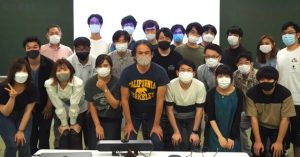Systemic design is a methodology that combines the theory of Systems Thinking with the practical methods of Design Thinking to view difficult and complex problems as systems, consider the related elements and interactions, and design solutions. It incorporates the perspectives of multiple stakeholders, analyzes the problems of the target system from a bird’s-eye view, moving back and forth between parts and the whole, and considers sustainable and useful solutions.
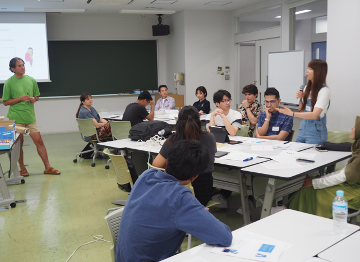
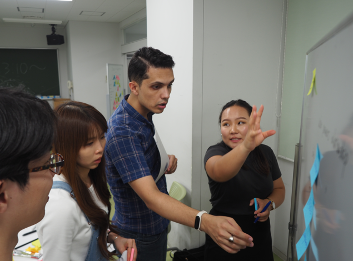
Overview
Systemic design combines the theory of Systems Thinking with the practical methods of Design Thinking to approach complex problems, and is attracting attention as a useful method in a variety of fields, including social change, the design of complex social systems, business and policy formulation, and environmentally friendly ecosystems. Systemic design involves diverse stakeholders, uses Systems Thinking to understand complexity, discovers effective solutions to problems through a design process, and encourages reflection on one’s own behavior and mental models within the system through repeated experimentation and iteration.
| 📂 Category | Innovation |
| 📌 Keywords | System Thinking, Design Thinking, Issues Identification |
| 🎯 Objectives | Rather than viewing the methodologies of “Systems Thinking” and “Design Thinking” as a “how-to,” we train students to correctly extract the complex elements and issues and use them to design complex social systems. |
| 🌐 Language | English & Japanese |
| 👥 Target Participants | Bachelor, Master and Doctoral students |
| 🗓 Format | Single session(8-hour in-person) |
| ✅ Past & Upcoming Sessions | 7/Feb/2026 (Sat) 10:00-18:00 |
| 📍 Venue | S4-202, Ookayama |
| 🌟 Recommended for | – Students who want to use “Systems Thinking” and “Design Thinking” methodologies to solve social issues. – Students who want to gain experience in creating new values for society. – Students who want to take some kind of action against global warming. |
| 📊 Points | 7 points (Points to be awarded to students enrolled in the courses for credits. Please refer to the syllabus for details.) |
| 🎟️ Capacity | 40 participants |
Main Content
Workshop Theme: Systemic Design Approach to “New Common Sense for Resource Circulation: Turning Cities into Forests”
- Human activities are currently placing excessive strain on the Earth’s resources and sinks, resulting in serious impacts on ecosystems. This includes the successive occurrence of extreme weather events such as extreme heat, heavy rain, and warm winters. The 2022 report by the Intergovernmental Panel on Climate Change (IPCC) presented a new perspective: “Behavioral change can significantly reduce greenhouse gas emissions.” Specifically, it reported that by changing individual behavior, greenhouse gas emissions could be reduced by 40-70% by 2050, offering great hope for the climate crisis we face.
In this workshop, we will use Systemic Design to consider “New common sense for resource circulation; turning cities into forests” to reduce urban greenhouse gas emissions. We will consider how all people can naturally change their behavior to reduce emissions by recycling waste as a resource and transform cities into rich, forest-like environments.
Facilitator
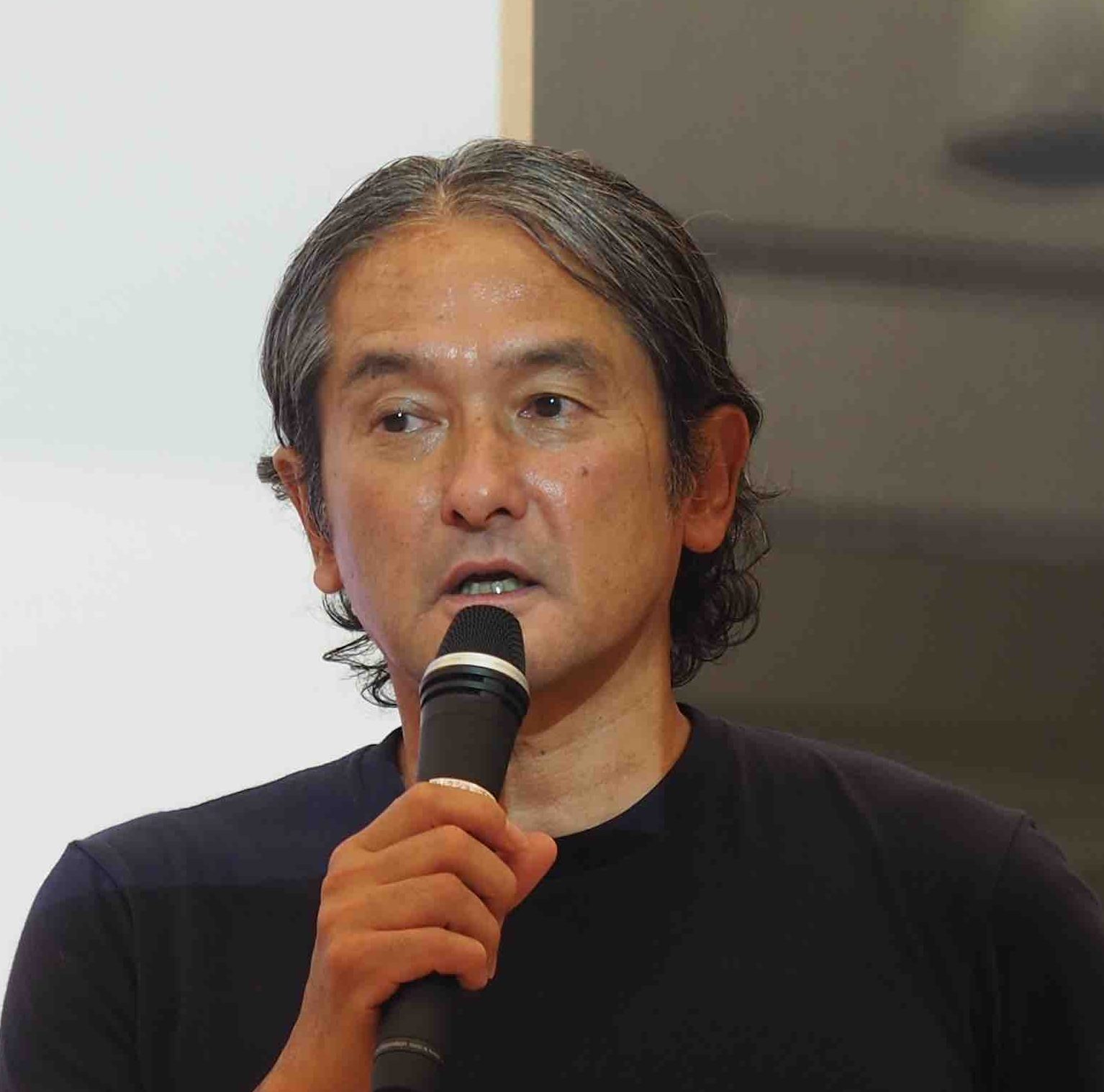
Yutaka iimori
After gaining experience in the foreign IT industry, he moved to Silicon Valley in 1999. He participated in the founding of a startup (now Google) during the dawn of the internet era. He then worked for a foreign marketing company before going independent.
• Master’s degree in System Design and Management (SDM) from Keio University Graduate School
• Master’s degree in Media and Governance from Keio University Graduate School
• Completed the i.school Innovation Education Program from the University of Tokyo
• Researcher at the Keio University Institute for System Design and Management
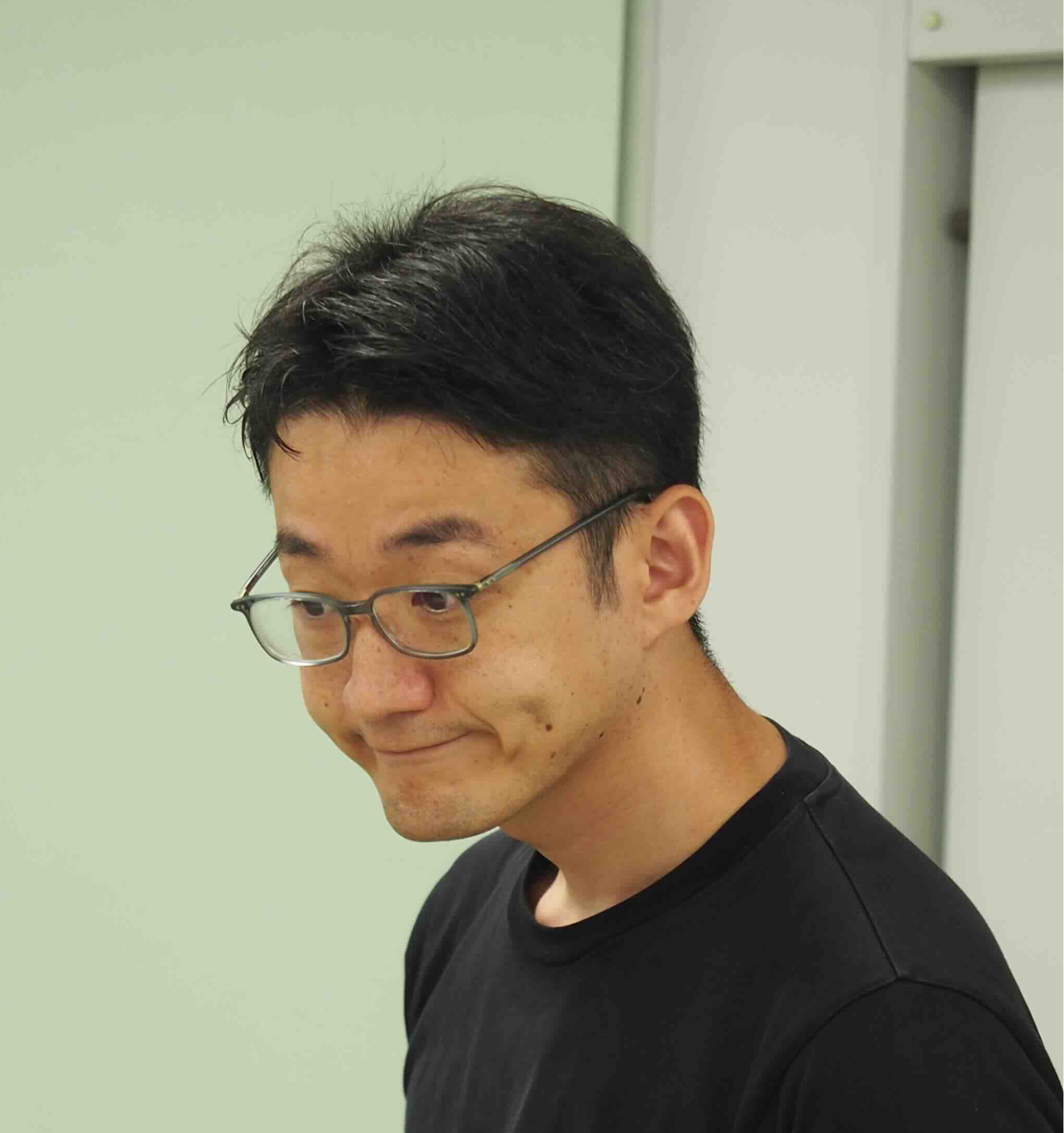
Kazuya Sawai
Born in 1986. After graduating from the Graduate School of Science and Engineering in 2011, he worked in the manufacturing industry as a mechanical design engineer. Since 2021, he has been the division manager of the e-commerce apparel business, managing the entire business with a focus on web marketing/CX.
He went independent to update creativity in both corporate and educational settings. He currently works as a freelancer, designing and facilitating workshops for innovation.
• Master’s Degree (Engineering) from the Graduate School of Science and Engineering, Keio University
• Master’s Degree (SDM) from the Graduate School of System Design and Management, Keio University
• Researcher, System Design and Management Institute, Keio University
Message from the Facilitator
The Earth is currently reaching its limits. Excessive consumption of resources and the accumulation of pollution are not a coincidence, but the result of our accelerating lifestyles and business activities. It is up to each and every one of us to take action and change this situation. In today’s workshop, let’s think from a new perspective, reconsider how we use resources while maintaining our quality of life, and explore together “New common sense for resource circulation; turning cities into forests” with ideas for reducing emissions and pollution.
Your small realizations and actions will bring about major changes in circulation. Let’s turn what we’ve learned here today into our own actions. It is up to all of you here to make the Earth a better place in the future.
Past Event Records
Voices from Participants
- Many of today’s problems are complex and intertwined. This workshop will help you understand the multiple perspectives needed to determine which problem to tackle when you feel like “where do I start?” This perspective will surely be useful in your future work and when writing the introduction of your thesis! (D1)
- This workshop will provide practical training in specific methods for generating ideas in a team. It’s a challenging exercise that requires you to actually come up with an idea from scratch and bring it to a presentation, but I’m sure it will be beneficial to you. (M2)
- This workshop helps us to think outside the box. We can see some problem from the bigger scope and also to pin point a core problem that causes these problems in the first place. This kind of thinking helps us especially as a student who does research in Tokyo Tech. (M2)
- I highly recommend this workshop to anyone interested in sustainability and innovative problem-solving. It provides a comprehensive understanding of system and design thinking, and equips you with practical tools to tackle real-world challenges. The hands-on activities are engaging and insightful, making complex concepts easier to grasp. (M1)
Event Report
Contact Faculty
Keisuke Yamada, Specially Appointed Professor, Academy for Leadership
📩 yamada.k.9f82 [at] m.isct.ac.jp

